St. Louis is rich with educational opportunities. When choosing schools, parents have their own unique considerations that lead them to choose one school over another. Rohan Woods believes children are the heart of their school and all they do, which is why they have built a familial community affording a safe place for kids to grow and learn. They believe each child has a natural leader within, and encouraging each child to find a way to express themselves is at the core of their philosophy.
There are as many ways to learn as there are learners. Developing a framework to teach in a manner that reaches all students is a lofty goal, one that Rohan Woods School sets at the pinnacle of its instruction. With a research-based curriculum and a Project Approach to learning, students are taught how to be lifelong learners, within their core classes and extending into real-world applications.
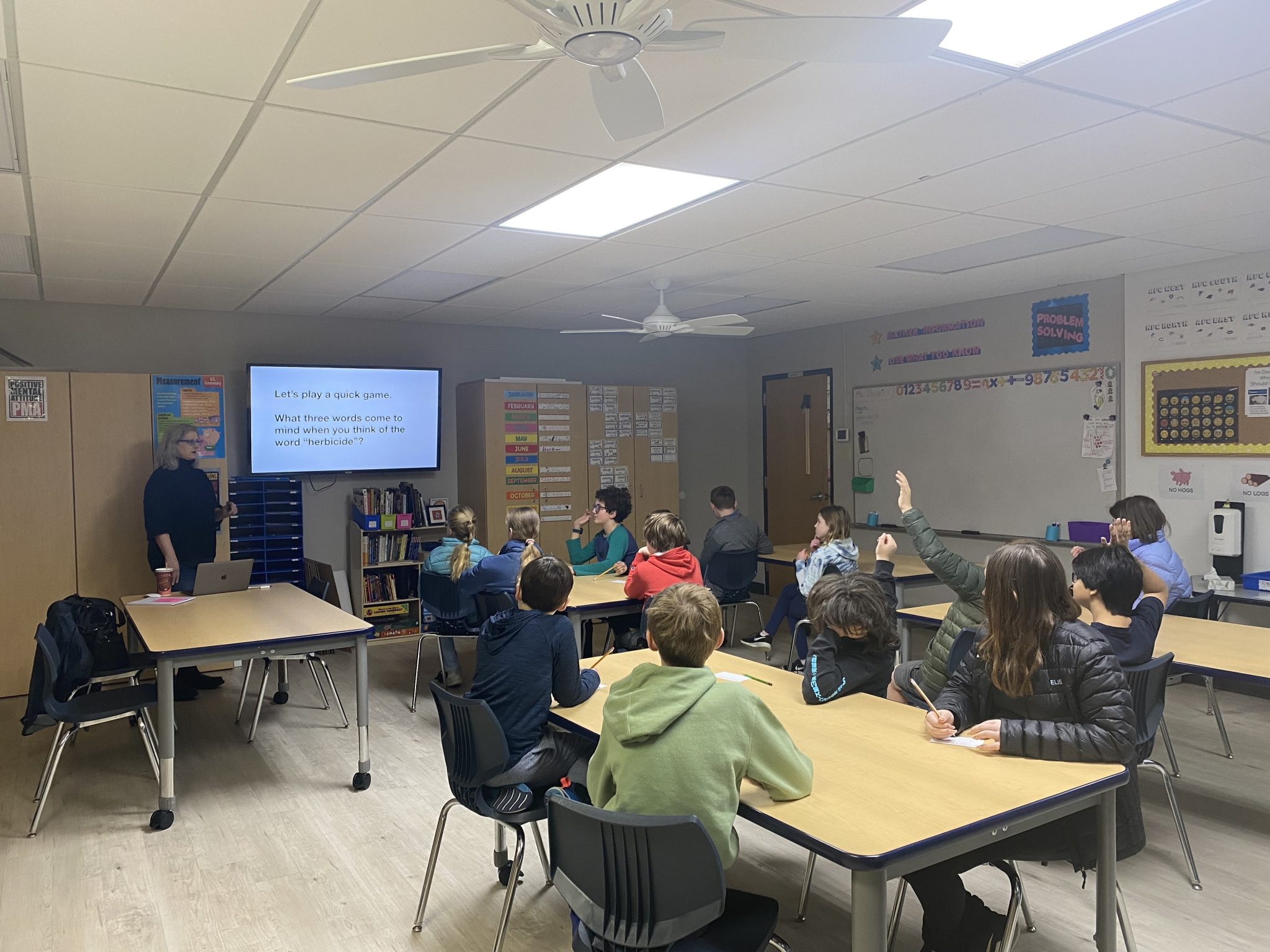
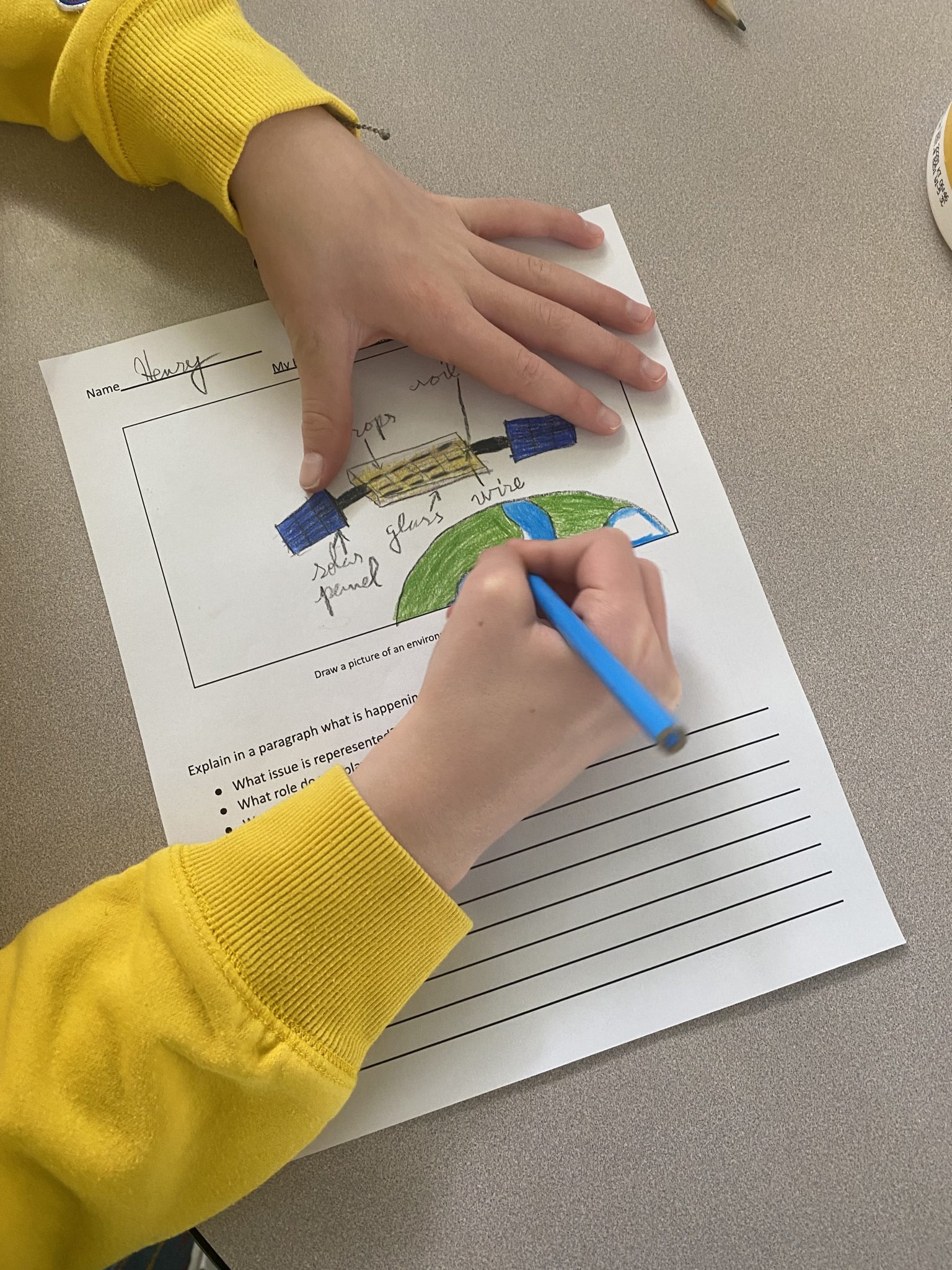
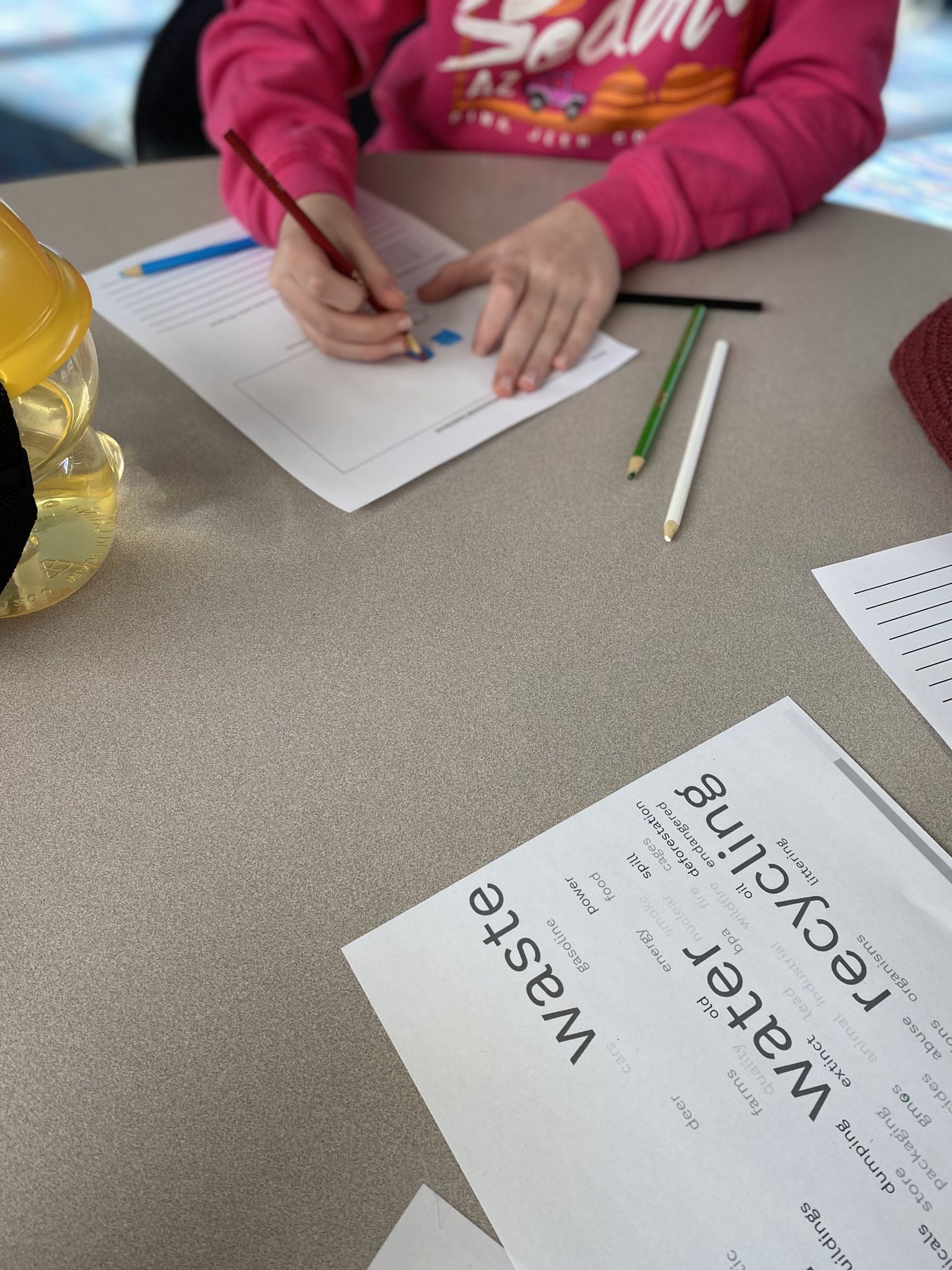
The Project Approach method encourages students to dive into their studies through research, investigation, and application. From Junior Kindergarten through Sixth Grade, students are challenged to collect and analyze data, develop critical thinking skills, and formulate conclusions within their curriculum. Core subjects, such as reading, writing and communication, science, math, and social studies, envelop students, forming a solid knowledge base enriched by specialty classes such as art, music, physical education, and Spanish, which encourage a broad view in areas of interest and passion.
Project Approach was developed by Lilian Katz and Sylvia Chard. The Project Approach follows three distinct stages:
Phase 1 – Beginning the Project
Phase 2 – Developing the Project
Phase 3 – Concluding the Project
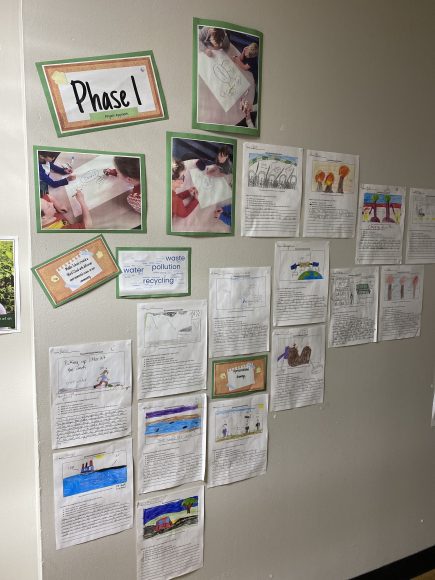
Within each stage, five structural steps are applied at age-appropriate levels.
- Discussion helps students prepare for fieldwork. Sharing experiences, reflection, and potential outcomes prepares them for the project with a solid base of understanding.
- Fieldwork relates to the gathering of information. Discussing the topic with various sources lays a foundation for acquiring knowledge and cementing understanding. Whether discussing at home with parents and caregivers, or having older students interview experts in the field for a broader base of experience, students are encouraged to identify sources of knowledge and tap into them.
- Representation allows students to take the knowledge they’ve cultivated and display their understanding through drawing, writing, construction, and the use of digital tools. Students learn to view Project through various lenses.
- Investigation allows the questions that arise naturally through the exploration of a subject to be addressed. These questions provide the natural opportunity for a deeper dive into Project.
- Culmination is the final stage, encouraging the presentation of knowledge. Digital presentations, artistic expressions, and interactive sessions allow students to present in ways that display their understanding of the content, and will enable them to convey that newfound knowledge to their audience.
As with all learning modes, an ongoing evaluation of the Project Approach gifts educators insight and the ability to ensure their teaching methods are never stagnant and evolve along with the strategies and methodologies critical to success. Rohan Woods conducts this evaluation on a seven-year cycle to provide a continuum of focus to ensure each student succeeds and achieves within the curriculum.
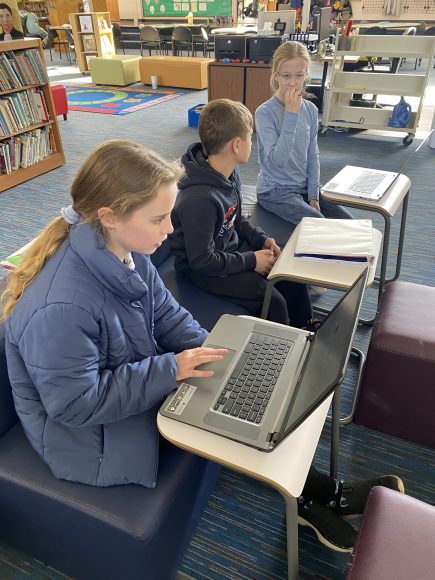
We want our children to be lifelong learners, encouraged to question and stretch the bounds of their knowledge and imagination. Given how much time they spend in school, we want this learning to occur in an environment that embraces each student as a valuable member of the community, appreciating what each student has to offer. We want school to become an extension of home, for our children to know the depth of their capabilities, and have the confidence to express them. Rohan Woods embraces this vision, and provides an environment that encourages each and every student to become the richest version of themselves.
 Sam Templin-Page has more than 30 years experience in the field of education – ranging from a classroom teacher to head of school at Rohan Woods. She holds two bachelor’s degrees in education from the University of Nebraska. Templin-Page has a hands-on, open-door philosophy which includes her interactions with faculty, parents, students, and staff. Her dedication to the success of every child is at the heart of her ongoing commitment to Rohan Woods School. Sam has served on many committees and boards in the St. Louis community, and most recently, she was appointed to serve as president for the Independent Schools of St. Louis (ISSL) Board of Trustees.
Sam Templin-Page has more than 30 years experience in the field of education – ranging from a classroom teacher to head of school at Rohan Woods. She holds two bachelor’s degrees in education from the University of Nebraska. Templin-Page has a hands-on, open-door philosophy which includes her interactions with faculty, parents, students, and staff. Her dedication to the success of every child is at the heart of her ongoing commitment to Rohan Woods School. Sam has served on many committees and boards in the St. Louis community, and most recently, she was appointed to serve as president for the Independent Schools of St. Louis (ISSL) Board of Trustees.










